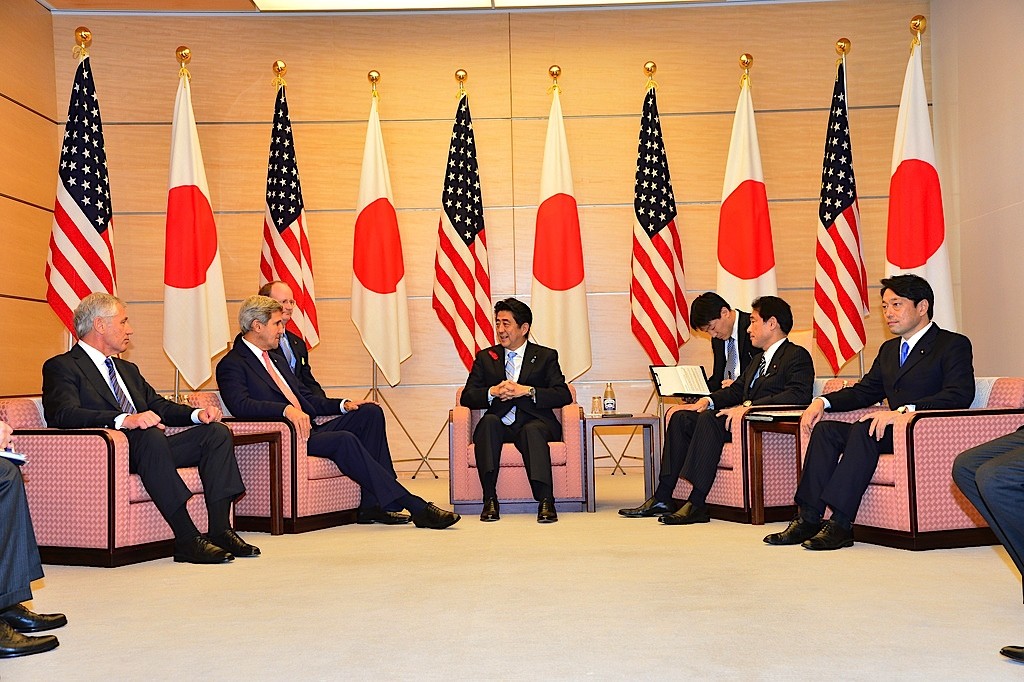Japan Reconsiders Its National Security Posture
The CIP’s J. Berkshire Miller looks at Japan’s current security legislation in a piece with Al Jazeera America.
Last month Japanese Prime Minister Shinzo Abe unveiled a bill to bolster the country’s security and defense architecture. The proposed changes are largely in response to evolving threats and geopolitical shifts in the region. China’s coercive actions to settle its territorial dispute with Japan in the East China Sea and a similar row with its neighbors over the South China Sea, coupled with North Korea’s continued intransigence, have created a more hostile security environment for Japan.
But Abe’s proposal is facing stiff resistance from Japanese lawmakers. Most of the opposition to the bill is based on misperceptions. Critics claim that it would endanger Japan’s postwar commitment to pacifism. The bill’s proponents, including Abe, stress that the changes are necessary to align Japan’s security posture with a shifting geostrategic environment.
The legislation signals a critical turning point for Japan’s traditionally pacifist security postures; while controversial, it marks an important step for Japan as it adjusts to emerging threats. The proposed changes would allow Tokyo to play a more proactive role in international conflicts and complement its growing cooperation with the U.S. on security matters. They would also help Tokyo coordinate efforts with other partners in the Asia-Pacific region, including Australia and India.
For more, read at Al Jazeera America
Related posts:
Category: FOREIGN POLICY & SECURITY, POLITICS, SOUTH ASIA & ASIA PACIFIC


